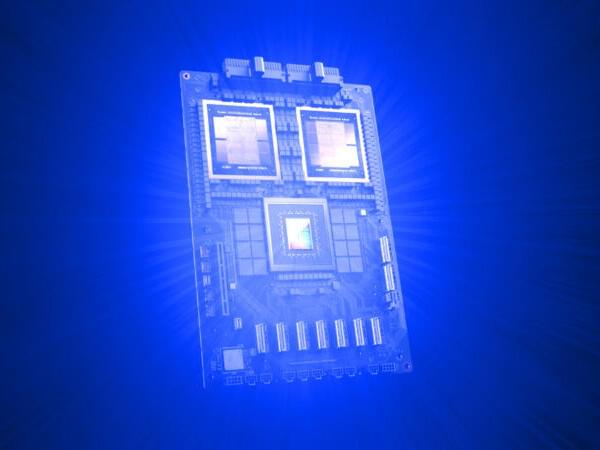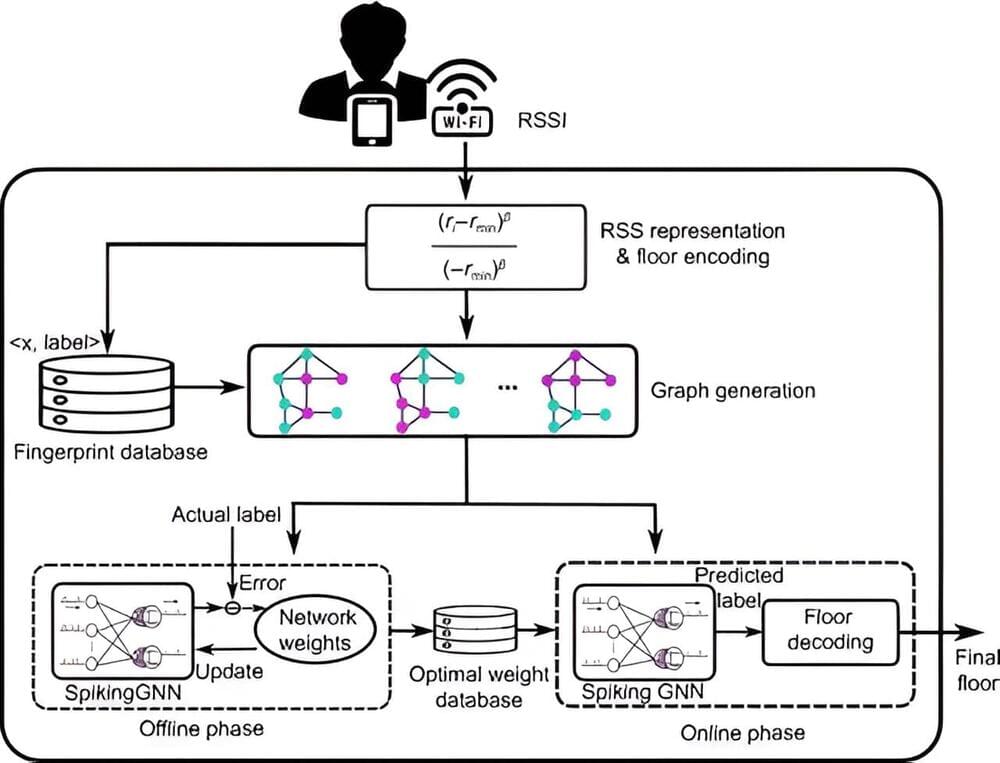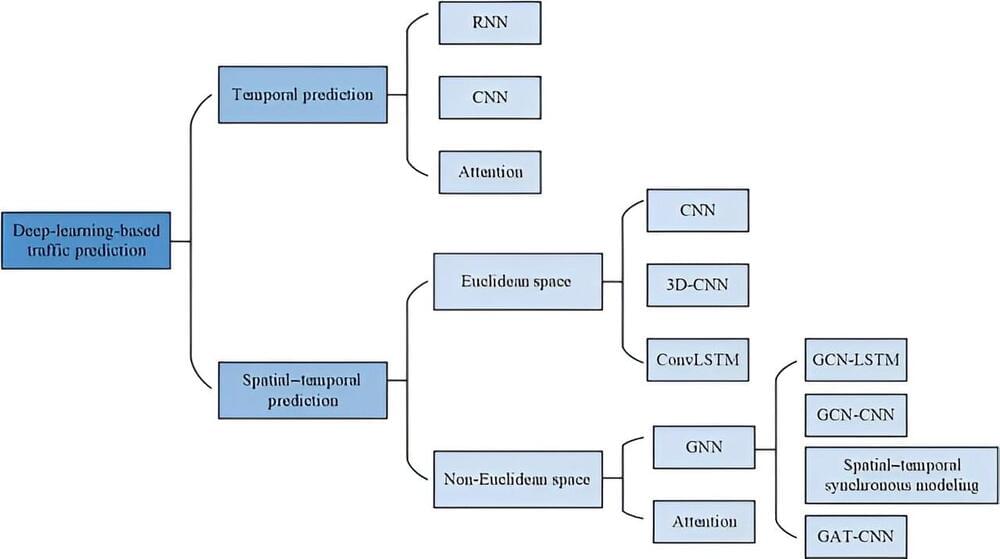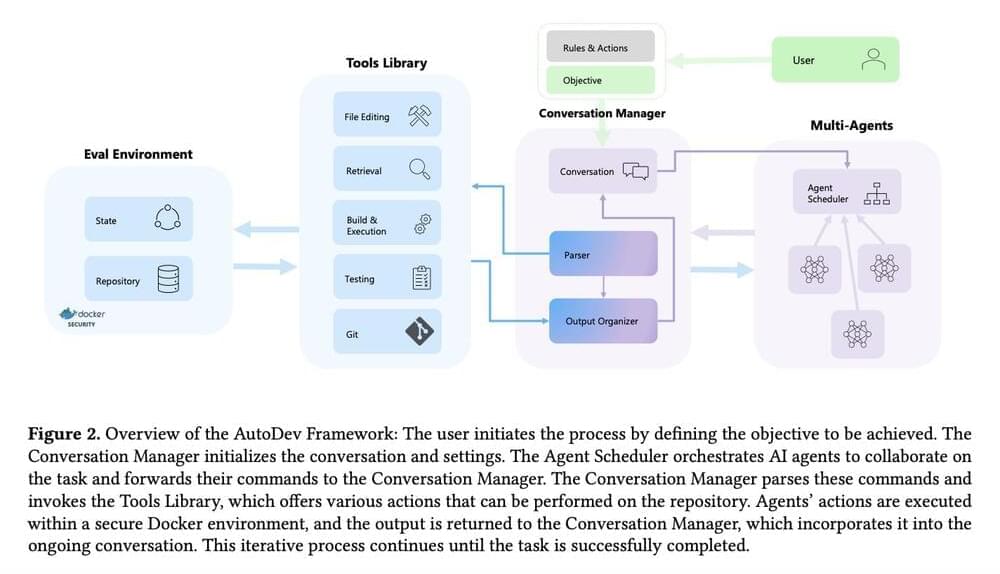The software development sector stands at the dawn of a transformation powered by artificial intelligence (AI), where AI agents perform development tasks. This transformation is not just about incremental enhancements but a radical reimagining of how software engineering tasks are approached, executed, and delivered. Central to this shift is introducing AI-driven frameworks that transcend traditional code assistance tools, marking a leap toward more autonomous, efficient, and secure software development methodologies.
The integration of AI in software development has been confined largely to providing code suggestions and aiding in file manipulation. This approach, while beneficial, barely scratches the surface of what is technologically feasible. AI-powered tools operate within a constrained scope, missing out on Integrated Development Environments (IDEs)’ vast capabilities, such as comprehensive code building, testing, and version control operations. This limitation underscores a critical gap in the software development toolkit, where the potential for AI to contribute more profoundly to the development lifecycle remains largely untapped.
Microsoft researchers present AutoDev, which empowers AI agents to tackle a broad spectrum of software engineering tasks autonomously, from intricate code editing and comprehensive testing to advanced git operations. This framework is designed to focus on autonomy, efficiency, and security. By housing operations within Docker containers, AutoDev ensures that development processes are streamlined and secure, safeguarding user privacy and project integrity through meticulously designed guardrails.







